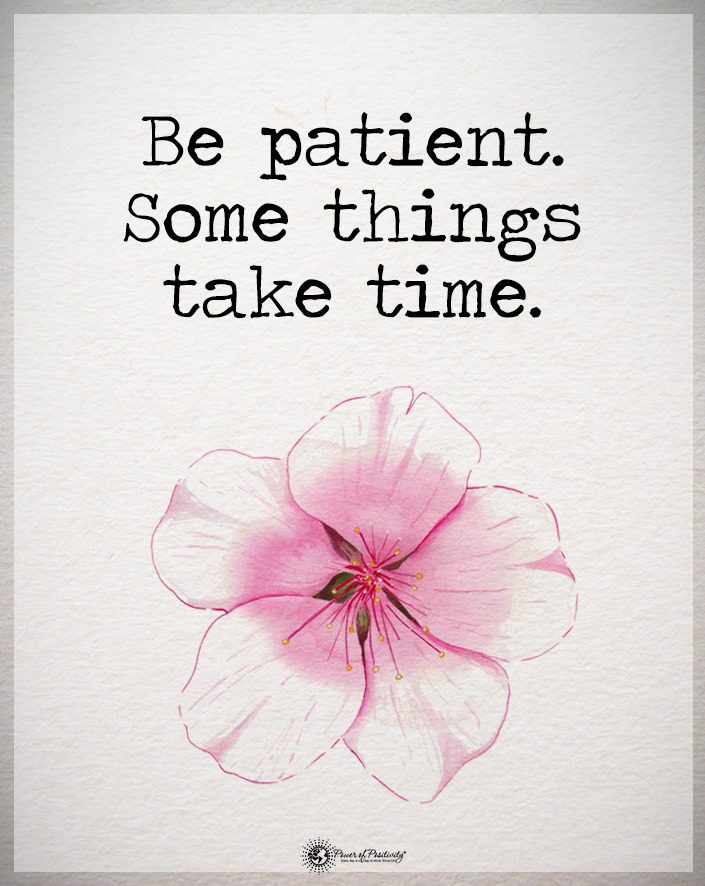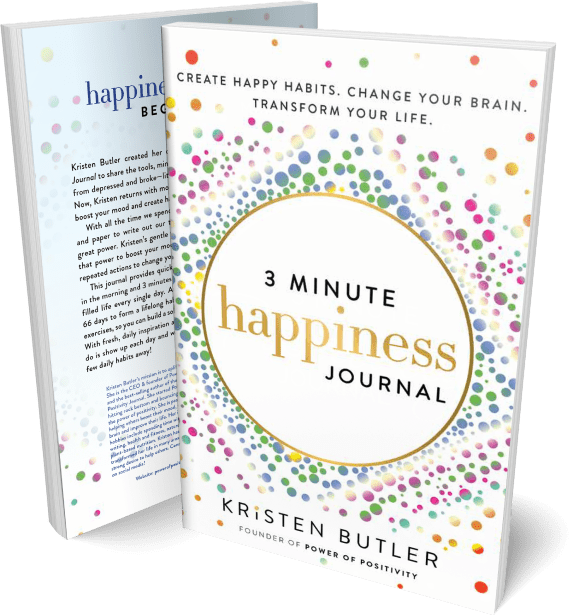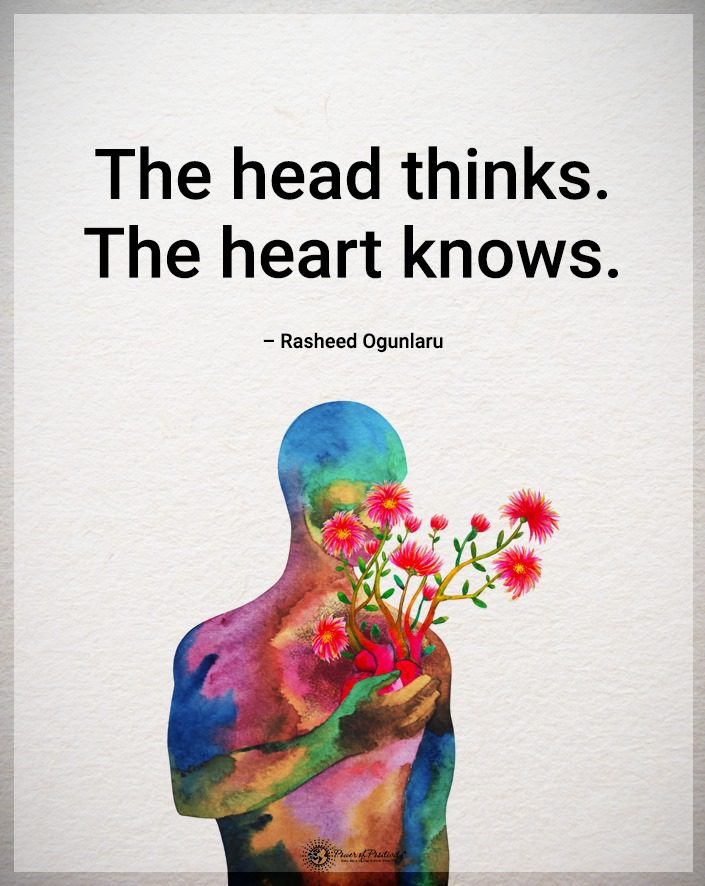Here’s why people stay together, even when they fall out of love.
We often celebrate marriage as a joyful union of companionship and love. It can also navigate through complex emotional landscapes that are not always visible to the outside world. Many marriages thrive on mutual affection and shared life goals. But others quietly suffer from a lack of these very essentials. Not all marriages pulse with the heartbeat of love. Rather, some exist in an emotional neutrality or discontent state, leading to what many might label a ‘loveless marriage.’
People choose to stay in such marriages for various, often deeply personal reasons. This article explores these motives beyond the usual suspects, like financial dependency or children’s welfare. By looking into these psychologically nuanced reasons, we hope to help readers understand the complexities behind such life choices.
Data on Marriage and Divorce (and How it Relates to Loveless Marriage)
According to a 2022 report by the Centers for Disease Control and Prevention:
- 2,065,905 Americans got married from 2020 to 2022
- The marriage rate during that period was 6.2 per 1,000 total population
- 673,989 divorced during that time
- The divorce rate was 2.4 per 1000 total population
These CDC statistics reveal an encouraging trend in marital stability during a challenging period from 2020 to 2022. Over two million Americans committing to marriage signifies a strong belief in the institution and the enduring value of partnership, even in uncertain times. Notably, the marriage rate significantly outpaces the divorce rate (6.2 vs. 2.4 per 1,000 population), suggesting that many couples successfully navigate their relationships.
This data might offer a ray of hope for those in loveless marriages. It shows that while challenges are undeniable, many couples find ways to make their relationships work. Perhaps this date could motivate people to seek solutions to improve their marital situations.
1 – Fear of the Unknown Keeps Couples in a Loveless Marriage
One of the most profound yet underappreciated reasons people stay in loveless marriages is the fear of the unknown. The decision to leave a marriage is not merely about ending a relationship but about venturing into a new, unfamiliar life. This transition demands significant emotional adjustments and reorientation of daily routines. That can be daunting.
For many, the known discomfort of a loveless marriage may seem less intimidating than the uncertainty and upheaval associated with divorce. The thought of navigating the complexities of a single life, from managing finances alone to attending social events solo, can evoke significant anxiety.
Example:
Consider Maria, a woman in her late forties who has never lived alone. Having moved from her parent’s home to live with her spouse, the prospect of a single life brings overwhelming logistical fears. How will she manage the bills alone? What about the nights when the silence in her home is palpable? For Maria, the devil she knows—her loveless marriage—is less frightening than she doesn’t. A life alone would be filled with challenges and solitary moments she’s never had to face. This fear keeps her anchored in a situation that might not fulfill her emotionally but provides a predictable structure to her daily life.
2 – Financial Dependency
Financial security is often a cornerstone of why couples marry, providing a shared resource pool that supports both individuals. However, in scenarios where one partner is primarily or solely financially dependent on the other, this dynamic can become a significant factor in deciding whether to stay in a marriage, even if it is devoid of love or mutual happiness.
The financial implications of leaving a marriage can be daunting for individuals who have spent years out of the workforce, perhaps raising children or supporting their partner’s career. The prospects of securing employment, especially well-paying jobs, can be challenging and stressful. This financial uncertainty is a strong deterrent, keeping some spouses in loveless marriages because the alternative—facing economic instability—is perceived as worse.
Example:
Take the case of Samir, a stay-at-home dad who has dedicated the last ten years to raising his children and managing the household while his wife pursued her career. As he contemplates the void that has grown between them, Amir is troubled by the realization that his employability has diminished over the years. Without recent job experience or current skills, the thought of supporting himself and possibly paying legal fees is overwhelming. Samir’s financial dependency significantly influences his decision to stay. He believes the risk of financial hardship is too great to bear alone.
3 – Cultural or Religious Expectations
Cultural norms and religious beliefs play a profound role in shaping personal and societal views on marriage. In many cultures and religious communities, marriage is viewed as a sacred lifelong commitment, and the stigma associated with divorce can be severe. This pressure to conform to traditional values can heavily influence an individual’s decision to stay in a marriage, even if it lacks the foundational elements of love and respect.
The consequences of deviating from these expectations can range from social ostracism to familial estrangement; divorcing is not just a personal issue but a community one. Individuals may fear the loss of community support, damage to familial relationships, and judgment from peers, which can all be formidable deterrents.
Example:
Consider Diego, who was raised in a community where divorce is frowned upon. Worse, his grandparents also regarded it as a failure of personal character. Despite the growing unhappiness in his marriage, Diego wrestles with the decision to leave. He knows that it could mean being isolated from the community he has always known. The potential loss of social and familial connections due to cultural and religious backlash keeps him tethered to a marriage that no longer brings him joy.

4 – Parental Influence May Cause Couples to Stay in Loveless Marriages
The expectations and values instilled by one’s family can significantly influence many aspects of life, including the decision to stay in a marriage. For many, family isn’t just a source of emotional support and a guiding force in life decisions. In cultures and families where marriage is revered as a lifelong commitment, the pressure to conform and uphold these values can be intense. That can also happen at the expense of personal happiness.
This pressure can come from a desire to uphold family honor or adhere to traditions passed down through generations. Parents may emphasize the importance of staying married as a measure of success and stability. This can create a potent deterrent against considering divorce, even when the marriage is fundamentally unhappy.
Example:
Jasmine grew up in a family where divorce was considered an absolute last resort, reserved for dire or scandalous circumstances. Her parents often spoke of marriage as a sacred lifelong commitment. They also often expressed pride in their long-standing union. As Jasmine faces her marital unhappiness, she feels the weight of her family’s expectations. Despite her misery, the thought of disappointing her parents and tarnishing the family’s reputation for marital longevity keeps her from pursuing a separation. That expected family disappointment practically forces her to stay in an unfulfilling relationship.
5 – Social Status and Identity
Marriage often extends beyond a private relationship between two individuals, intertwining deeply with one’s social identity and perceived status within the community. For many, marriage is not just a personal commitment but a status that conveys respectability, stability, and community standing. The prospect of divorce can threaten not only personal relationships but also one’s social standing and professional reputation, especially for those in high-visibility or leadership positions.
The fear of losing this social identity can be a powerful motivator to remain in a loveless marriage. The potential social repercussions of a divorce—such as gossip, judgment, and loss of status—can make staying seem more appealing despite the personal unhappiness it may entail.
Example:
A city council member, Thomas has cultivated an image of a devoted family man. His reputation is integral to his political persona. His marriage is publicly celebrated as a pillar of his personal integrity and community commitment. Privately, however, Thomas and his spouse have grown apart. In fact, they no longer share the love that once bound them. Despite this, Thomas fears that a divorce would damage his public image, possibly affecting his re-election chances. His role and reputation in the community are deeply tied to his marital status, prompting him to remain in a marriage that lacks emotional connection.
6 – Investment of Time and Effort
In many aspects of life, the more we invest in something, whether time, effort, or resources, the harder it becomes to walk away. This puzzle is known psychologically as the “sunk cost fallacy,” a concept where people continue a behavior or endeavor due to previously invested resources. In relationships, this fallacy can play a key role in staying in a marriage that is no longer fulfilling.
Couples who have spent many years together may find it particularly challenging to consider ending their marriage. They might think about the years spent building a life together, the memories created, and the efforts to sustain the relationship. Indeed, that makes the idea of leaving feel like abandoning a significant part of their lives. This attachment to past investments often overshadows the current unhappiness. It also furthers dissatisfaction in the relationship. If you’re looking to bring back some spark, explore new possibilities with Australian online brand Just Dildos.
Example:
Elena and Mark have been married for 25 years, during which time they have raised children, built a home, and deeply intertwined their lives. The thought of undoing or leaving behind these decades of shared experiences feels daunting for Elena. She feels that too much has been invested to simply walk away, even though the love that once held them together has faded. The weight of the years keeps her anchored, making the prospect of starting anew seem impractical and wasteful.
7 – Belief in Duty or Sacrifice
The concepts of duty and sacrifice are deeply ingrained in many cultural, religious, and familial values. They often dictate that personal needs and happiness should be secondary to fulfilling one’s perceived responsibilities. In a marriage, these beliefs can lead individuals to stay in relationships devoid of love, driven by a sense of obligation to others—be it their partner, children, or the broader family.
This sense of duty can be particularly strong in those who prioritize the welfare and stability of their children above their happiness. The decision to stay in a loveless marriage is often rationalized by the belief that the children should grow up in a two-parent home, regardless of the emotional climate between those parents.
Example:
Sarah has long felt that her marriage lacks the affection and connection it once had. However, she strongly believes in the importance of a stable family environment for her children. She fears a divorce could disrupt her children’s lives and future opportunities. Her fear causes her to sacrifice her happiness to maintain familial stability. Her commitment to this duty overshadows her personal needs. That leads her to endure an unfulfilling relationship for the perceived benefit of her children.
8 – Fear of Confrontation Keeps Some in a Loveless Marriages
The fear of confrontation can significantly impact marriage decisions, particularly when the relationship lacks fulfillment or happiness. Many individuals find it challenging to address issues directly, fearing that discussions may lead to arguments, emotional pain, or further deterioration of the relationship. This avoidance of conflict can be a key factor in the decision to stay in a loveless marriage, as the prospect of initiating difficult conversations or facing the potential fallout feels too daunting.
Avoiding confrontation often stems from a lack of confidence in one’s communication skills, fear of hurting another, or anxiety about the possible consequences, such as separation or divorce. This avoidance ignores the key issues, allowing unhappiness to fester and grow.
Example:
Lee finds himself increasingly unhappy in his marriage but is terrified of initiating conversations about his feelings with his partner. He worries that such discussions could lead to anger or sadness, potentially ending the relationship. Consequently, Lee avoids these tough conversations altogether, convincing himself that maintaining the status quo is easier than facing the potential upheaval that confrontation might bring.
Strategies for Overcoming Confrontation Fears:
- Develop Communication Skills: Learning effective communication techniques, such as active listening and using “I” statements, can help make difficult conversations more manageable.
- Seek Professional Help: Couples counseling can provide a safe space to address issues with the guidance of a neutral third party.
- Start with Smaller Issues: Building confidence by discussing less contentious topics can pave the way for tackling more significant problems in the relationship.
9 – Waiting for Change
Many stay in loveless marriages, hoping the relationship will improve or return to happier times. This hope can be based on memories of past happiness or the belief that external circumstances, such as a new job, relocation, or the passing of a stressful period, might lead to positive changes in the relationship.
However, waiting for change can sometimes be misguided, particularly if it’s based on unrealistic expectations or a misunderstanding of the issues. The psychological pattern of holding onto hope can prevent individuals from facing the reality of their situation and taking proactive steps toward personal happiness.
Example: Alex fondly remembers the early days of his marriage, when he and his wife shared many joyful moments. Despite their struggles and growing distance, he clings to the hope that they can rediscover that earlier happiness. This hope keeps him in the marriage as he waits for a change that might reignite the love they once shared.
When Hope Might Be Misguided:
- Lack of Mutual Effort: If only one partner is interested in making changes or improving the relationship, the likelihood of success is low.
- Unresolved Fundamental Issues: Deep-seated issues such as incompatible values or needs may not be resolved through mere circumstances changes.
- Ignoring Personal Well-being: If the hope for change comes at the expense of one’s mental or emotional health, it may be time to reassess the relationship’s viability.
10 – Low Self-Esteem Could Hold People in a Loveless Marriage
Self-esteem, or one’s sense of self-worth, plays a critical role in all aspects of personal decision-making, including the dynamics of romantic relationships. Individuals with low self-esteem may feel unworthy of happiness or doubt their value within a relationship. This can lead them to stay in marriages that are unfulfilling or even harmful, driven by the belief that they do not deserve better or that no one else would want to be with them.
This lack of confidence can be especially debilitating when it comes to making the significant decision to leave a marriage. People with low self-esteem might fear that their shortcomings cause their unhappiness. That further entrenches them, believing they must endure such marriages.
Example:
For most of her adult life, Anita has struggled with self-esteem issues. Today, she finds herself in an unloving marriage. Despite feeling unhappy and unfulfilled, she remains because she harbors deep-seated beliefs that she isn’t worthy of a better, more loving relationship. Anita fears that no one else would accept or love her, and thus, she stays, trapped by her doubts about her worthiness.
Strategies to Address Low Self-Esteem:
- Therapy: Individual therapy can help address the root causes of low self-esteem. It also helps develop healthier self-perception.
- Support Groups: Joining groups where other participants share similar experiences may provide a sense of community and reduce feelings of isolation.
- Self-Care Practices: Regularly engaging in activities that promote physical, emotional, and mental well-being can enhance self-esteem.
11 – Legal and Custodial Complications
The decision to divorce can become exponentially more complex and daunting when children are involved. For many parents, the top concern is how the divorce might affect their children and their ability to maintain a strong relationship with them post-divorce. The fear of losing custody or becoming a marginalized figure in their children’s lives can deter many from taking steps toward divorce, even in a loveless marriage.
Furthermore, the legal landscape of divorce can be intricate, involving negotiations over custody, child support, and asset division. The prospect of lengthy legal battles, the cost of legal representation, and the potential for contentious disputes can make staying in an unhappy marriage seem like a lesser evil.
Example:
Jamal, a father of two young children, is deeply unhappy in his marriage but hesitates to initiate a divorce due to his concerns about custody. He fears a divorce might result in him losing daily interaction with his children. The situation impacts his role and influence in their lives. The thought of a potential legal battle over custody, fueled by his spouse’s threats, makes him reluctant to proceed despite his unhappiness.
Navigating Legal and Custodial Challenges:
- Legal Counseling: Consulting with a family law attorney can clarify legal rights and what to expect in a custody battle.
- Mediation: Mediation can offer a less adversarial approach to resolving custody and other legal issues.
- Focus on Children’s Well-being: Focusing on the children’s needs can help guide decisions to minimize trauma and promote a positive outcome for all involved.
12 – Need for Companionship Keeps Some Partners in Loveless Marriages
The fear of loneliness is a fundamental human concern that can influence many life choices. That includes the decision to remain in a loveless marriage. Many individuals choose to stay in unsatisfactory relationships because they value the presence of another person, even if the relationship lacks emotional fulfillment or happiness. This desire for companionship often stems from the fear of isolation and the challenges of facing life’s difficulties alone.
Some find it daunting not to have someone to share daily routines, holidays, or even simple conversations. They view a loveless marriage as better than the discontent of solitude. The prospect of eating alone, sleeping alone, and managing life’s uncertainties without a partner can make even an unhappy marriage seem preferable.
Example:
Sophie has been married for several years. She recognizes that her relationship with her husband lacks the passion and connection it once had. Despite this, she fears the loneliness that might follow a divorce more than she resents the coldness of their current relationship. Her decision to stay is heavily influenced by her desire to avoid the void that might come with being alone. That leads her to prioritize companionship over personal happiness.
Final Thoughts on Why People Stay in a Loveless Marriages
The decision to remain in a loveless marriage is multifaceted and deeply personal. People make decisions based on emotional, psychological, and practical factors. Understanding these reasons helps foster empathy and compassion towards those in such situations. It’s important to recognize that individuals’ choices are often based on complex and deeply rooted factors.
For those struggling in their marriages and considering their next steps, it is crucial to seek support. Counseling and therapy can provide a place to explore these feelings and concerns. Support groups offer community and understanding from others who face similar challenges. Legal advice can clarify options and rights, particularly financial and custodial matters.
Getting help is a sign of strength, not weakness. Everyone deserves to live a life of respect, happiness, and love. Whether this means working to improve the current relationship or taking steps towards a new beginning, making informed, healthy decisions prioritizing personal well-being and happiness is essential.






















